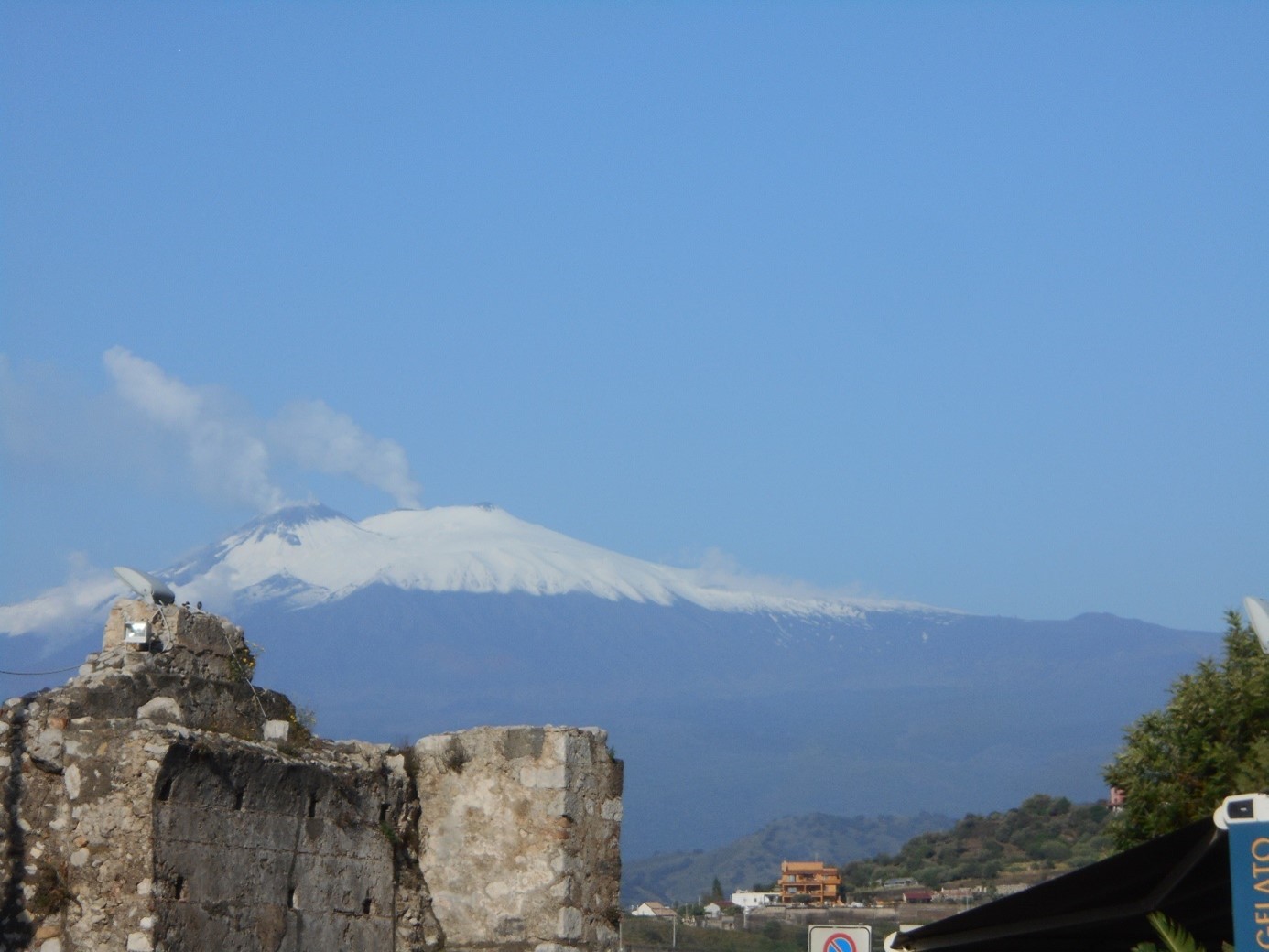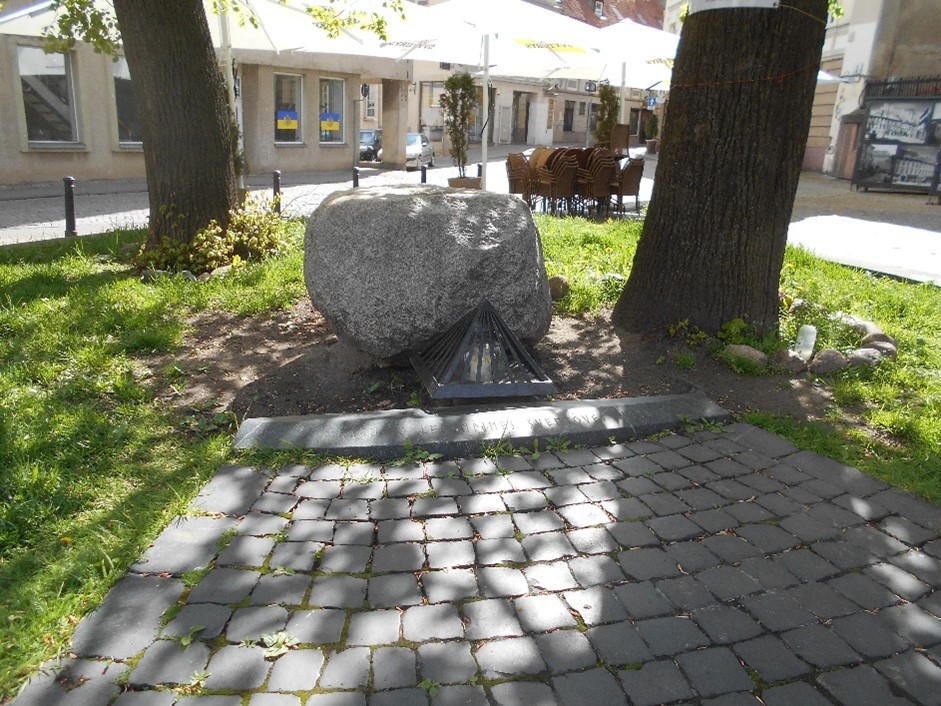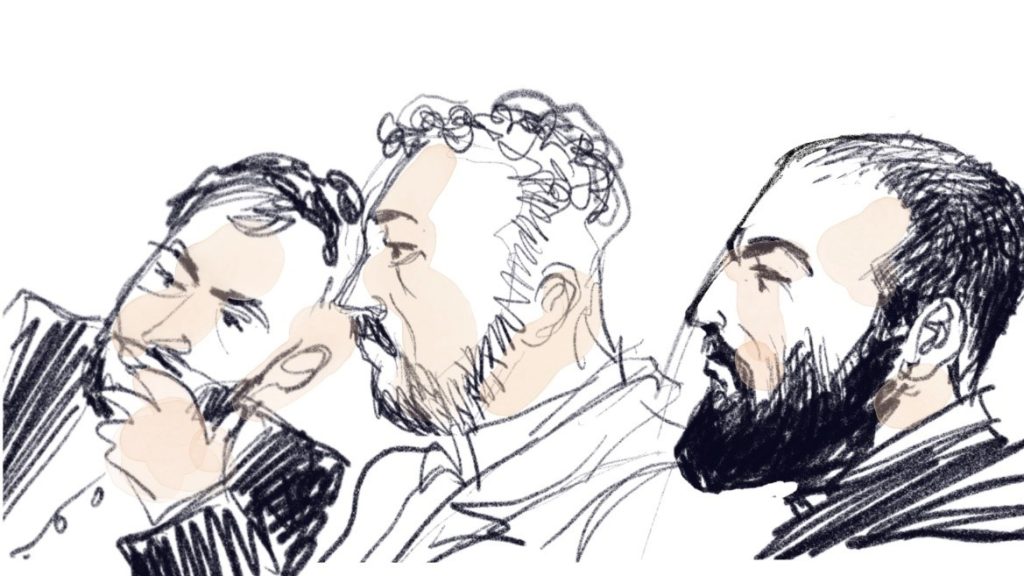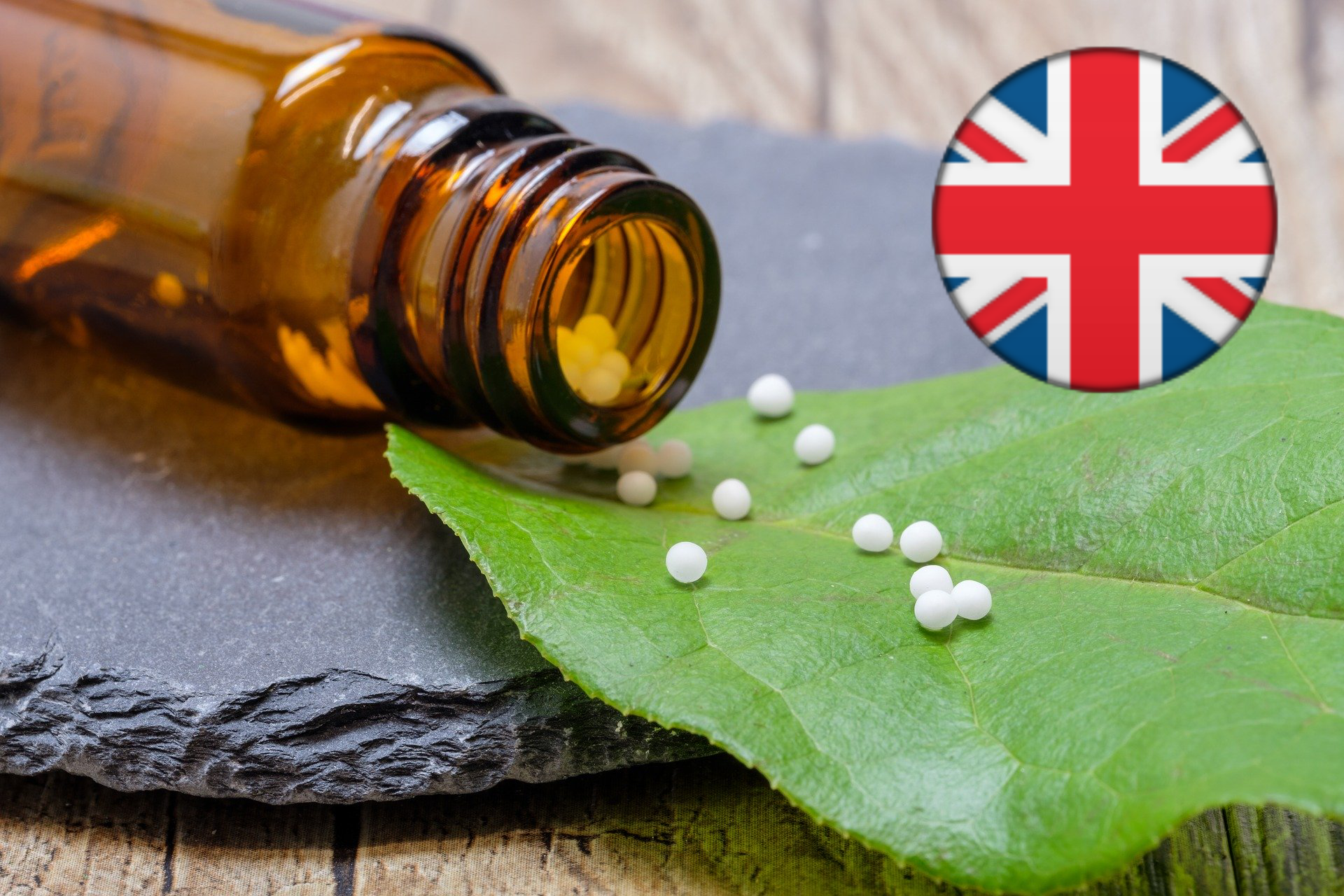A report from The Science of Consciousness Conference in Taormina – May 22nd to 27th, 2023
A well-known story of the Muslim sage Nasreddin Hodsha reports Nasreddin standing under a lamp at night, searching frantically for something. A passer-by asks him: “Nasreddin, what are you looking for?” Nasreddin answers: “I am looking for my house keys.” “Did you lose them here?” “Almost certainly not, but I am looking here, because this is where the light is.”
It is a common phenomenon: We are looking for something not where it might be found in all likelihood, but where it is most convenient to look for. Something similar, it appears to me, happened and is happening at the Science of Consciousness (TSC) Conferences. The most recent of them was convened from May 22nd to 27th 2023 in Taormina, Sicily (see https://tsc2023-taormina.it/ for a full program and book of abstracts), and I had the privilege to attend it on behalf of the SMN in a beautiful surrounding.






